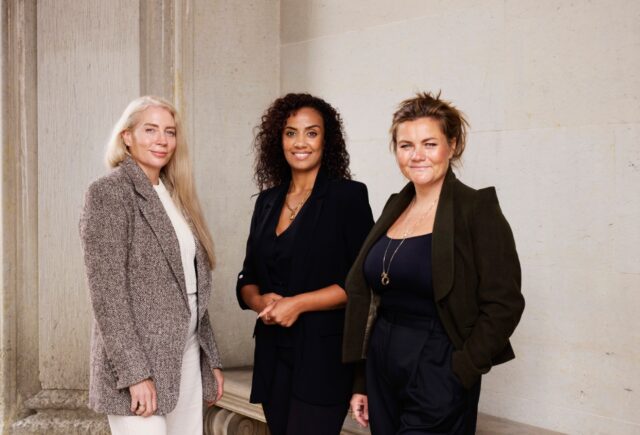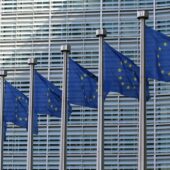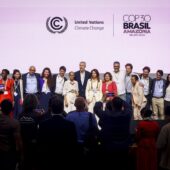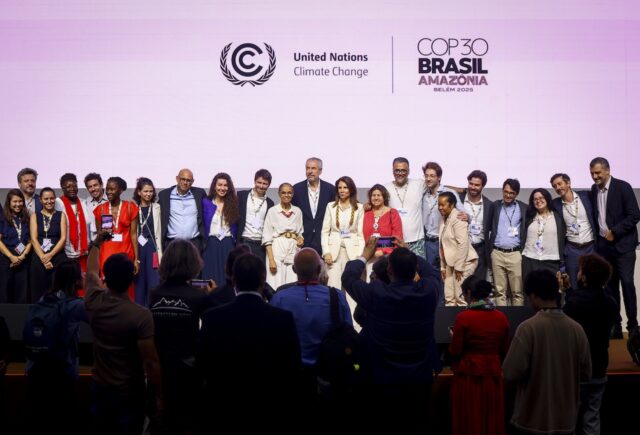The Energy Entrepreneurs Growth Fund has received a $40m investment from the US International Development Finance Corporation, taking total capital commitments to the fund to $106m

The Energy Entrepreneurs Growth Fund (EEGF), a blended investment fund that backs early-growth ‘access to energy’ businesses in sub-Saharan Africa, has reached a critical fundraising milestone surpassing $100m, thanks to a $40m investment from the US International Development Finance Corporation (DFC).
Launched in 2019 by the Shell Foundation and FMO, the fund offers catalytic financing and technical assistance to early and growth-stage companies focused on increasing access to clean, safe, dependable, and affordable energy for off-grid households and businesses in sub-Saharan Africa.
The DFC investment follows the recent commitment by the Nordic Development Fund and brings the total size of EEGF to $106 million. The fund is targeting a final close of $120m before year end.
“DFC’s investment in EEGF will support businesses that provide access to energy to those who currently lack basic services across sub-Saharan Africa. By providing additional capital for this transformational work, EEGF will dramatically improve lives in communities in the region and spur economic growth and development,” said Scott Nathan, DFC’s CEO, announcing the investment.
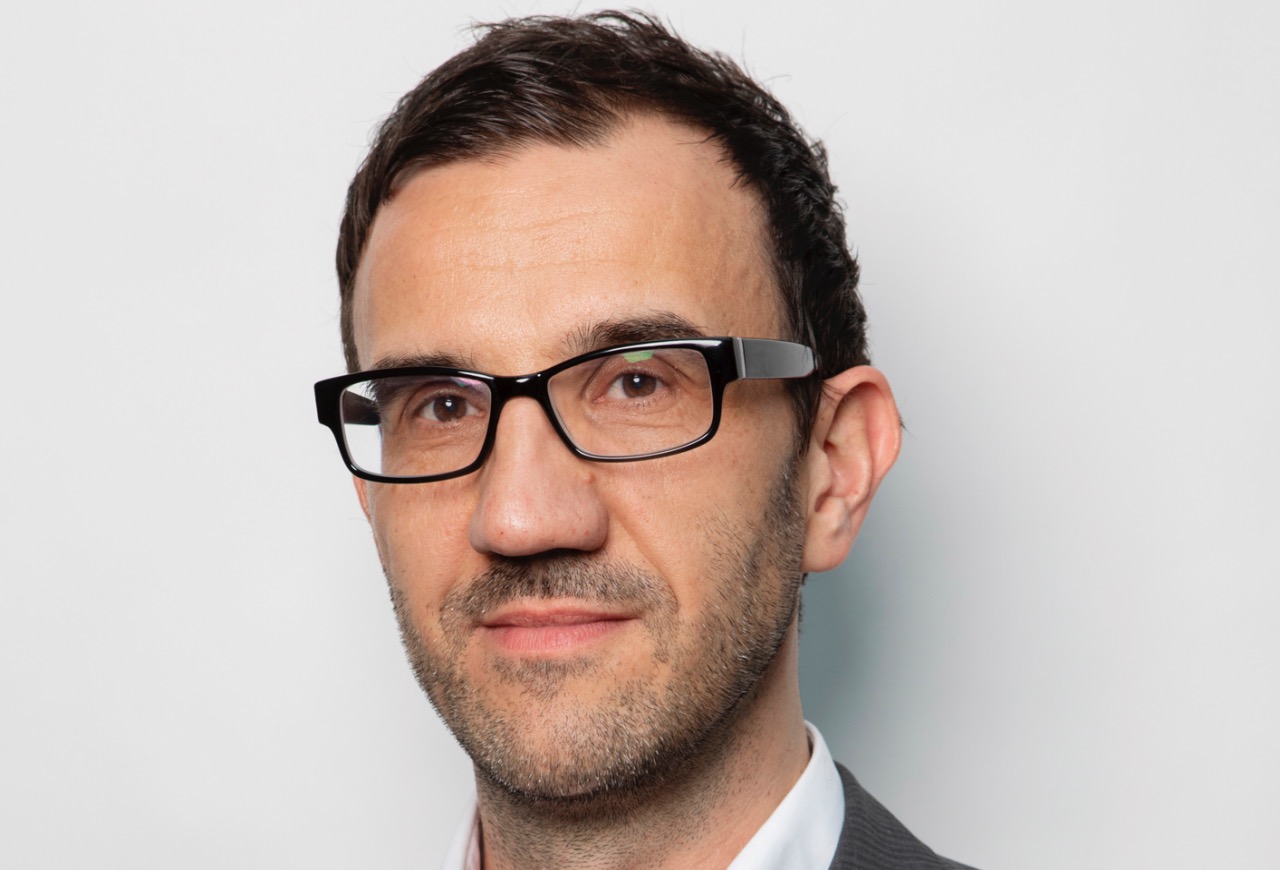
EEGF’s day-to-day investment management is executed by Amsterdam-based impact investment manager Triple Jump, with venture builder and expert in off-grid energy Persistent as partner, based in Nairobi, acting as investment advisor.
Speaking to Impact Investor, Jan-Henrik Kuhlmann, head of direct investments at Triple Jump described hitting the $100m milestone as a “game changer”. “Internally, it helps in terms of efficiencies and synergies as we are now a sizeable fund. In the ‘off-grid’ sector, there a handful of funds that are over $100m. More importantly, it also allows us to execute our investment strategy in full, investing in all eligible instruments and deal sizes, and invest in and support around 25 companies, as we plan for.”
SDG 7 and off-grid energy access
According to the 2022 Tracking SDG 7: The Energy Progress Report, African remains the least electrified region in the world, with over 550 million people without electricity access.
Sub-Saharan Africa’s share of the global population without electricity jumped to 77% in 2020, from 71% in 2018, whereas most other regions saw declines in their share of the access deficits over the same period.
Crucially, the report shows that the COVID pandemic, disruptions to global supply chains, and the diversion of fiscal resources to keep food and fuel prices affordable, have affected the pace of progress toward the SDG 7 – ensuring access to affordable, reliable, sustainable and modern energy by 2030.
Nearly 90 million people in Asia and Africa who had previously gained access to electricity, can no longer afford to pay for their basic energy needs.
Another recent report on the off-grid solar market trends highlights the power of off-grid solar solutions as a fast and affordable way to accelerate access to clean energy sources and reducing CO2 emissions.
In sub-Saharan Africa alone, replacing diesel generators with solar alternatives would avoid as much CO2 as 20% of the region’s vehicles being replaced with clean alternatives, the report says.
Impact first
EEGF fund focuses on access to energy in the broad sense, including rent-to-own and energy-as-a-service operators. In addition, it also supports enablers such as software providers, retailers, and other distribution businesses.
Recent investments include the African business of candi solar, a solar and clean energy financier for commercial and industrial businesses in South Africa and India, and Baobab+, which supports underserved households across Africa in gaining energy autonomy and digital access.
In terms of the fund’s impact targets, its ultimate aim is to reach 5 million beneficiaries, including more than 240 female-businesses, and avoiding 4.5 million tons of greenhouse gas emissions.
“We are very proud of the work our impact team. We look at how to influence positive system change via the expansion of our investees, essentially moving from a vicious to a virtuous cycle,” Kuhlmann said.
In the case of EEGF, this positive change focuses on driving renewable-powered electrification, including powering household appliances related to information (radios and TVs), basic services appliances (lights, phone charges, fridges and fans, among others), and economic activities, in particular in rural Africa.
Triple Jump developed its ‘theory of change’ with FMO and the Shell Foundation in its early days and the fund managers’ carry incentive is linked to the most important four of the 11 impact indicators tracked and reported on.
“This is an impact-first fund but we intend and we expect to generate a return. It’s about optimising the impact by supporting not the usual 8-10 but 25 companies operating in more challenging markets and segments in sub-Saharan Africa. We go to geographies and [invest in] smaller businesses which other fund mandates might not allow for in a substantial manner.”
As an example of this, he mentioned the fund’s investment in Yellow, a leader in the solar home systems (SHS) market in Malawi, one of the world’s poorest countries. EEGF’s most recent investment was in a SHS business in DRC and they are planning more investments in this populous country where electrification rates are just above 10%.
According to Kuhlmann, the need for mobilising more capital towards improving energy access in Africa with renewables is a “no brainer” thanks to technical innovations and dramatic cost reductions for solar PV panels, and a “real opportunity” for economic development and related returns.

